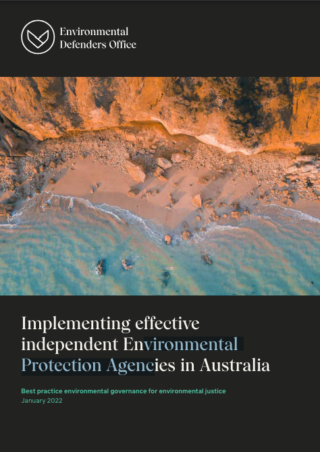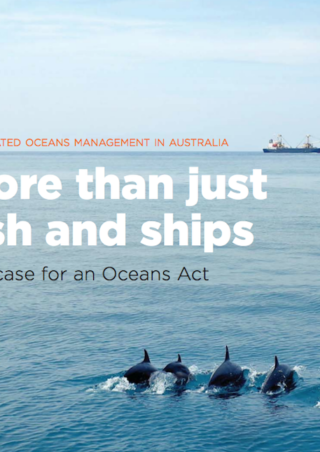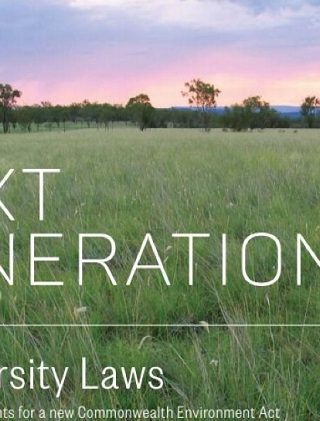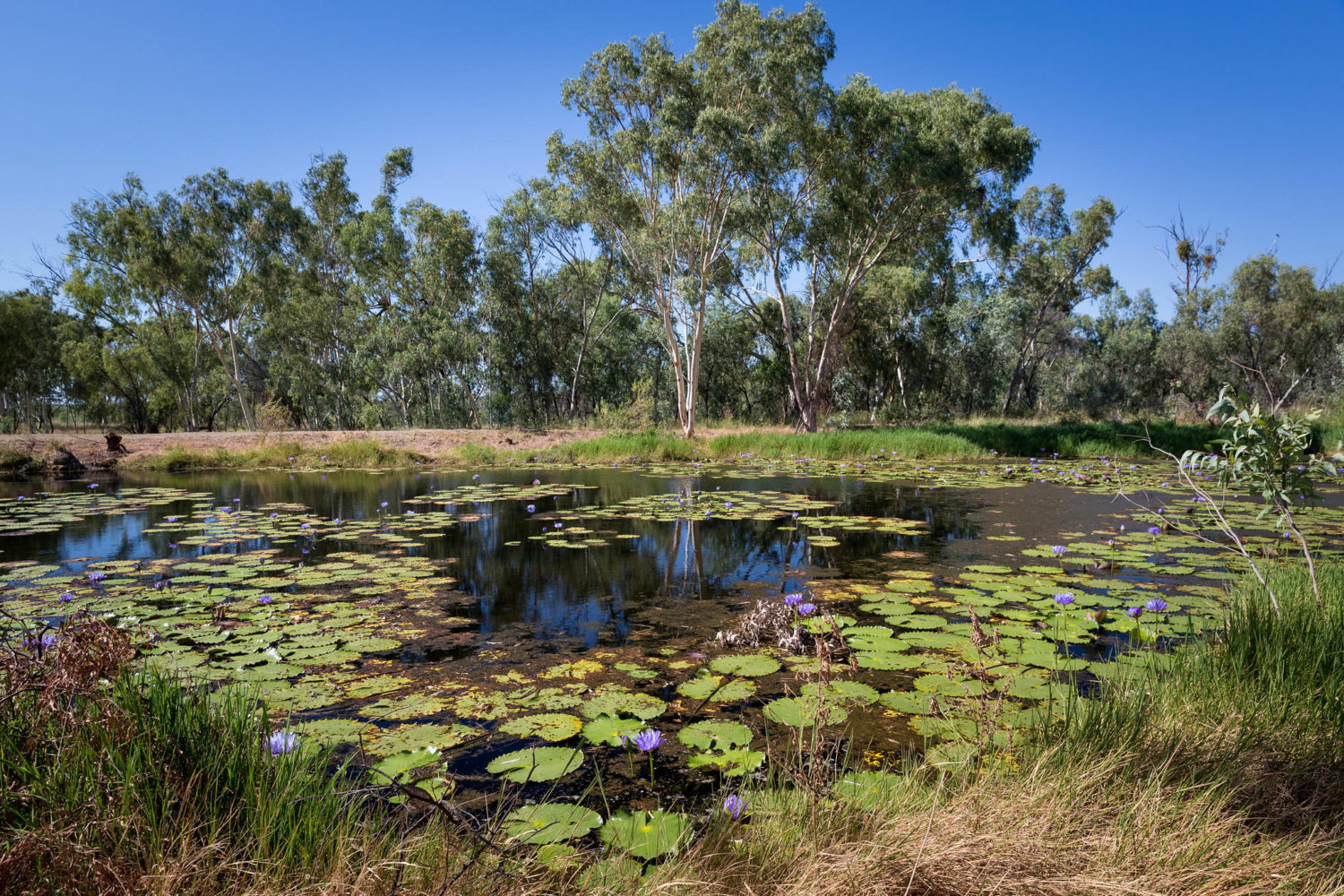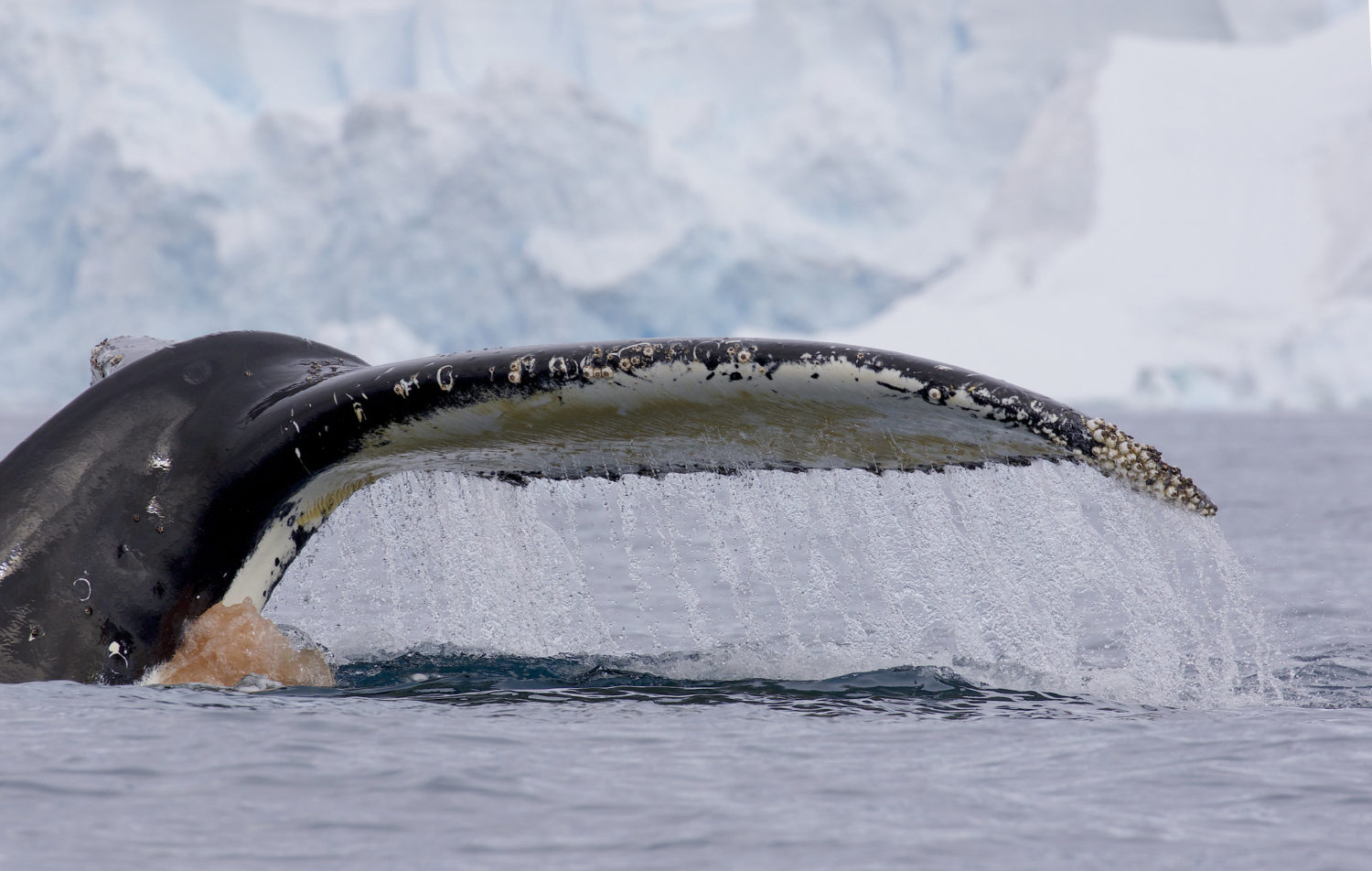The Environment Protection and Biodiversity Conservation Act 1999 (EPBC Act) is Australia’s key environmental legislation, tasked with regulating activities that may significantly impact on environmental values we consider to be of national importance.
These environmental values include our native fauna and flora species, places such as spring-dependent communities in the Great Artesian Basin, world heritage areas, national parks and marine parks (including the Great Barrier Reef Marine Park), Ramsar wetlands, national heritage places, migratory species and water resources.
The Environmental Defenders Office has worked with the EPBC Act for more than 20 years, seeking to ensure it is implemented to best protect our treasured natural values, our wildest spaces and our iconic native plants and animals.
EDO lawyers have used the EPBC Act in the Federal Court to challenge activities like land-clearing and whaling, as well as projects like Adani’s Carmichael Mine and its North Galilee Water Scheme and the proposed luxury helicopter tourism development in the Tasmanian Wilderness World Heritage Area.
In 2020, the EPBC Act underwent its 10-year statutory review. This was a once-in-a-decade opportunity to consider how well the EPBC Act is operating and whether any changes should be made to better protect Australia’s environmental values. The final report of the review can be found here: https://epbcactreview.environment.gov.au/resources/final-report
Since then, the Federal Government has announced reforms to the EPBC Act, known as the Nature Positive Plan. This plan has been split into stages. Stage one was introduced in 2023 and included a nature repair market and amendments to the water trigger. Stage 2 announced in 2024 will see the establishment of a national EPA amongst other measures. EDO’s specialist law reform solicitors will continue to provide advice and analysis to policy makers and stakeholders throughout the reform process.
See Our Latest EPBC Act Publications
Federal Parliament wrap for 2024: the good, the bad, and the unfinished business for climate and nature law
Nature Positive: a summit and a stand off
Briefing Note – Nature Postive Reforms – ‘Stage 2’ – Ensuring independence, accountability and oversight
Amendments needed to ensure Nature Positive bills live up to their title
Briefing Note: Environment Protection Australia
Reports & Analysis
These recent EDO publications explore issues around the EPBC Act.
Defending the Unburnt: A landmark legal initiative
14 million hectares burned. Nearly 3 billion native animals impacted. Entire communities all but destroyed. We have a plan to defend what remains.
Submissions
See our nature law reform submissions
Resources
Our unique plants and wildlife need robust laws to protect them. EDO has produced a guide for members of the community who want to have their say.
Presentations
EDO law reform solicitors have been conducting workshops and webinars around the country. These events bring the top experts together to provide reflections on how well the Act has been operating to date, and what, if anything, needs to change to strengthen its operation.
Below are the recordings of some of these presentations to help you with your submissions:
EPBC Act Information Evening Part 1
EPBC Act Information Evening Part 2
EPBC Act Information Evening Part 3
The following papers are referenced in our presentations:
– Reside, A.E., Cosgrove, A.J., Pointon, R., Trezise, J., Watson, J.E.M., Maron, M., 2019. How to send a finch extinct. Environmental Science & Policy 94, 163-173.
– Ward, M.S., Simmonds, J.S., Reside, A.E., Watson, J.E.M., Rhodes, J.R., Possingham, H.P., Trezise, J., Fletcher, R., File, L., Taylor, M., 2019. Lots of loss with little scrutiny: The attrition of habitat critical for threatened species in Australia. Conservation Science and Practice 0, e117.
– Simmonds, J.S., Reside, A.E., Stone, Z., Walsh, J.C., Ward, M.S., Maron, M., 2019. Vulnerable species and ecosystems are falling through the cracks of environmental impact assessments. Conservation Letters n/a, e12694.
– zu Ermgassen, S.O.S.E., Baker, J., Griffiths, R.A., Strange, N., Struebig, M.J., Bull, J.W., 2019. The ecological outcomes of biodiversity offsets under “no net loss” policies: A global review. Conservation Letters 0, e12664.
The EPBC Act at Work
Our lawyers have worked for two decades to ensure the EPBC Act is implemented to best protect our treasured environmental values. See some of our most important cases:




